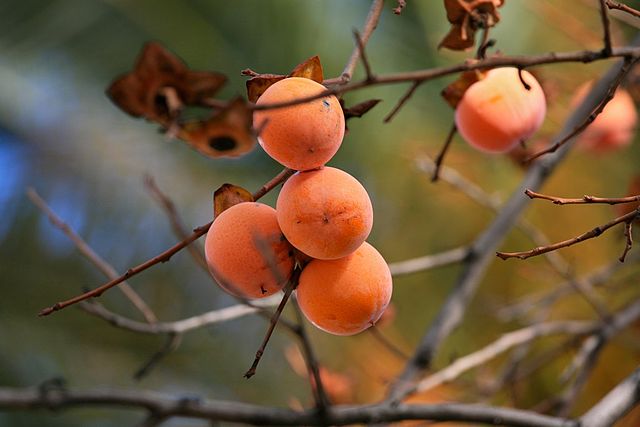For three generations, Aussie Apricots has grown and supplied high-quality apricots to private and, lately, public clientele. Situated at Mypolonga, a 15-kilometer stretch from River Murray bridge, this is one of South Australia’s finest family-run commercial stone fruit sanctuaries.
The company produces its own naturally grown tasty fruits. Australians, who consume thousands of tonnes of apricots each year, cherish local fruits from firms such as Aussie Apricots. The company’s home state of South Australia itself produced the second highest apricot output in the country worth $3.5 million in 2022, after Victoria.
Following the onset of the Southern Hemisphere spring, we posed a few questions to apricot grower, Kathy Prosser of Aussie Apricots, on what is new.
Notably, apricots are already in bloom this year, a boon for early fruit samplers.
“This is the normal time when apricots start to bloom as we are coming out of winter and heading into spring,” explains Kathy Prosser.
She adds that due to natural issues, their hallmark fruits only come from South Australia. “We only source our apricots from SA due to fruit fly issues.”
Fruit flies are endemic in mainly Northern Territories and Victoria and are a constant threat. They have an affinity to destroy over 300 fruit species, apricots being one of these.
Despite sourcing from only South Australia for the above reason, Aussie Apricots offers a versatile range of products. Their website summarises the whole product range that includes hand-processed “confectionary, jams & chutneys.”
This brings up the question: other than whole unshelled apricots, what does the company offer in terms of unprocessed fruits?
“Dried Apricots,” Kathy Prosser offers a ready rejoinder.
This brings up a pertinent issue. The fact that global consciousness for organic produce has risen in the 21st century must have seeped into how Aussie Apricots grows its own apricots?
“We grow the apricots with minimal sprays like white oil, copper…” Answers Kathy Prosser.
Another issue that has been on everyone’s lips for the better part of 2023 is inflation and the weather. The December 2022 floods, which affected harvests, were partly El Niño-related and had a bearing on the prices of fresh fruits and vegetables in 2023.
As such, how is Aussie Apricots, as a premium producer coping with the wholesale prices for its homegrown apricots?
“We are coping very well with high demand,” quips Kathy.
Finally, as a third-generation family run business, Aussie Fruits must be controlling
a particular market niche?
“No,” she expounds, “we are selling to the public as demand is high. We don’t deal with supermarkets at all. People are looking for Australian grown products.”
Aussie Apricots’ success story ends on this upbeat note and the story underlines the latest projection that the combined stone fruit sector in Australia will likely reach a market value of $1.5 billion in 2023.
